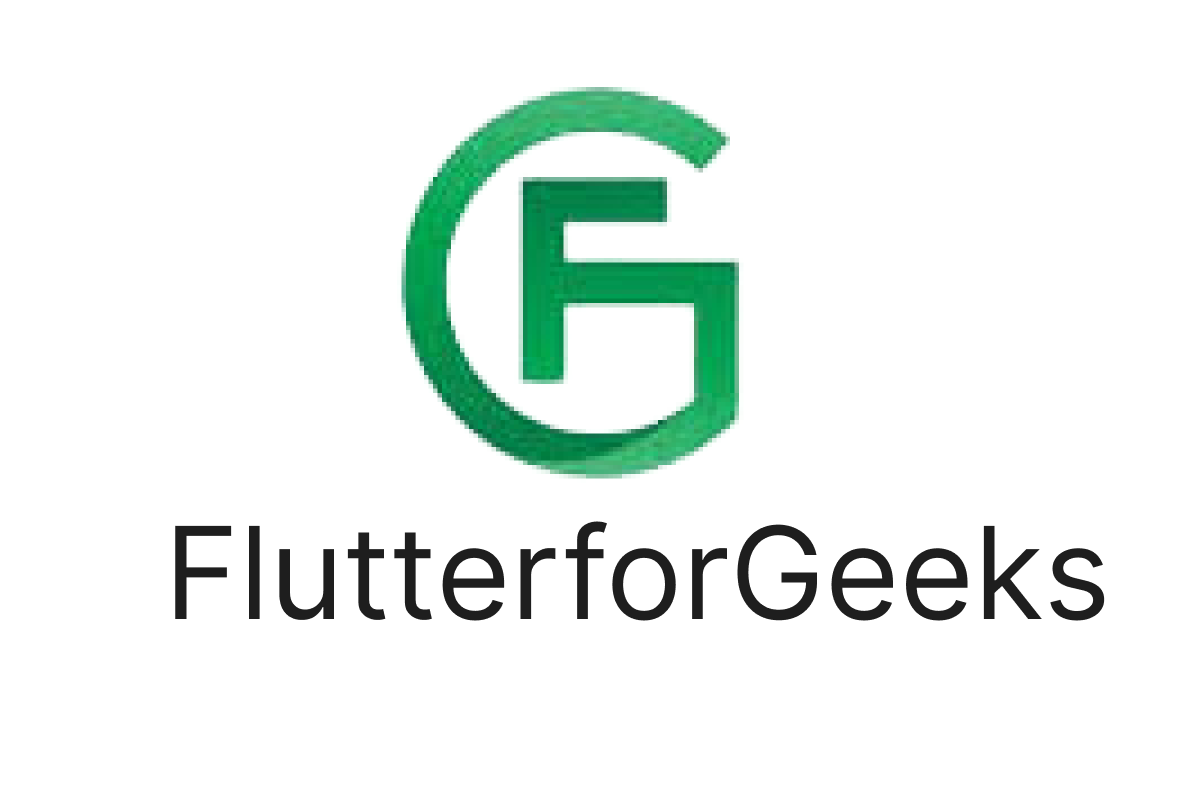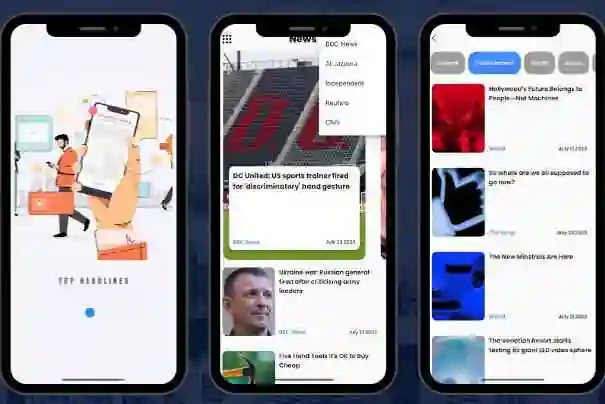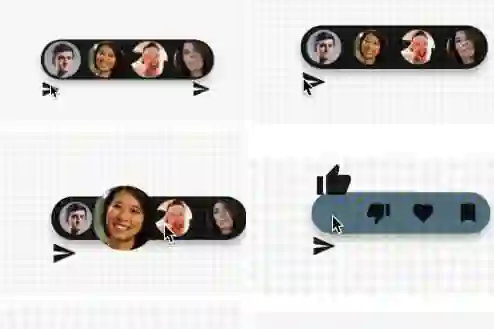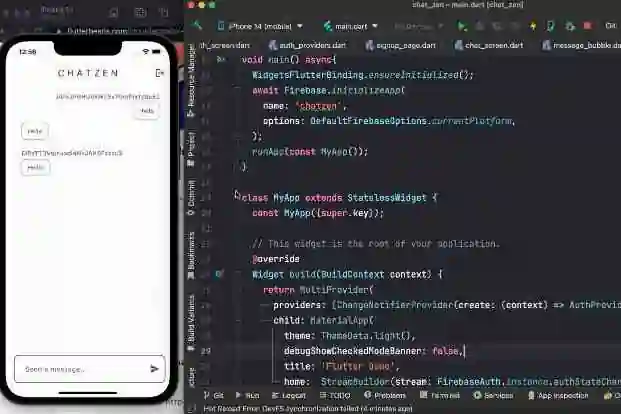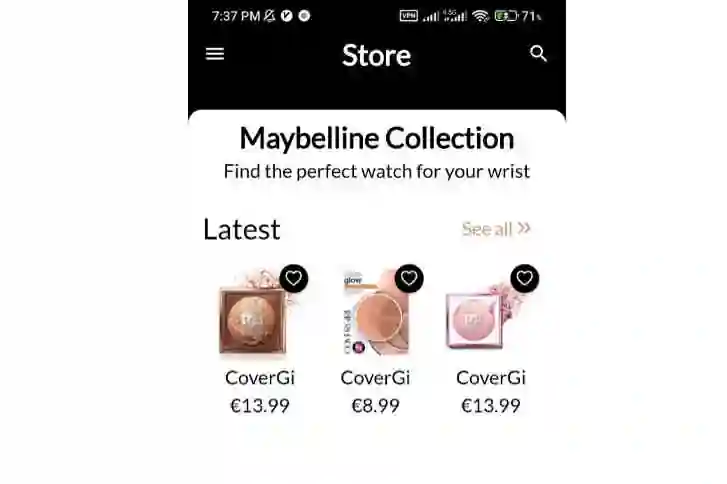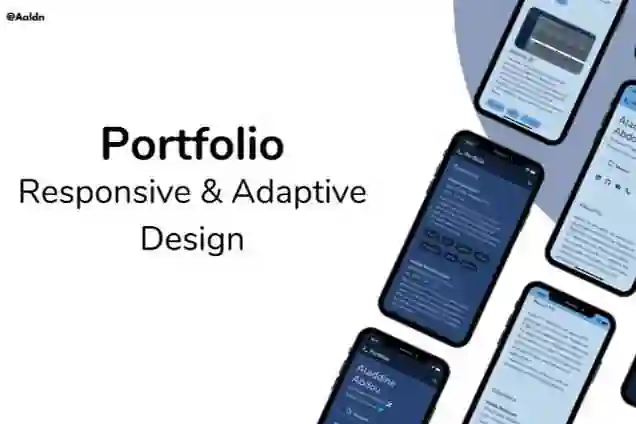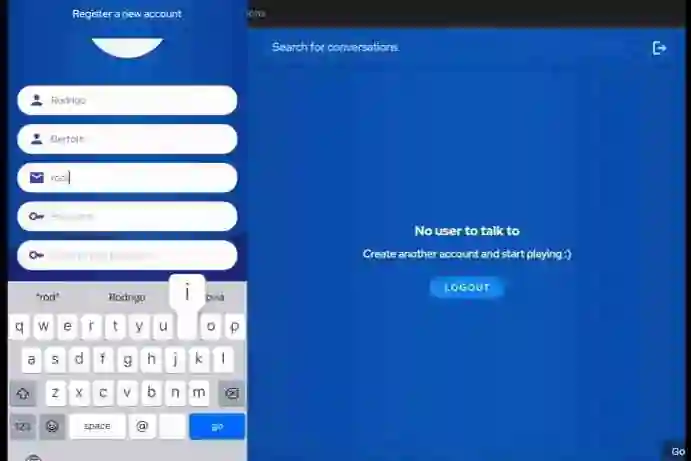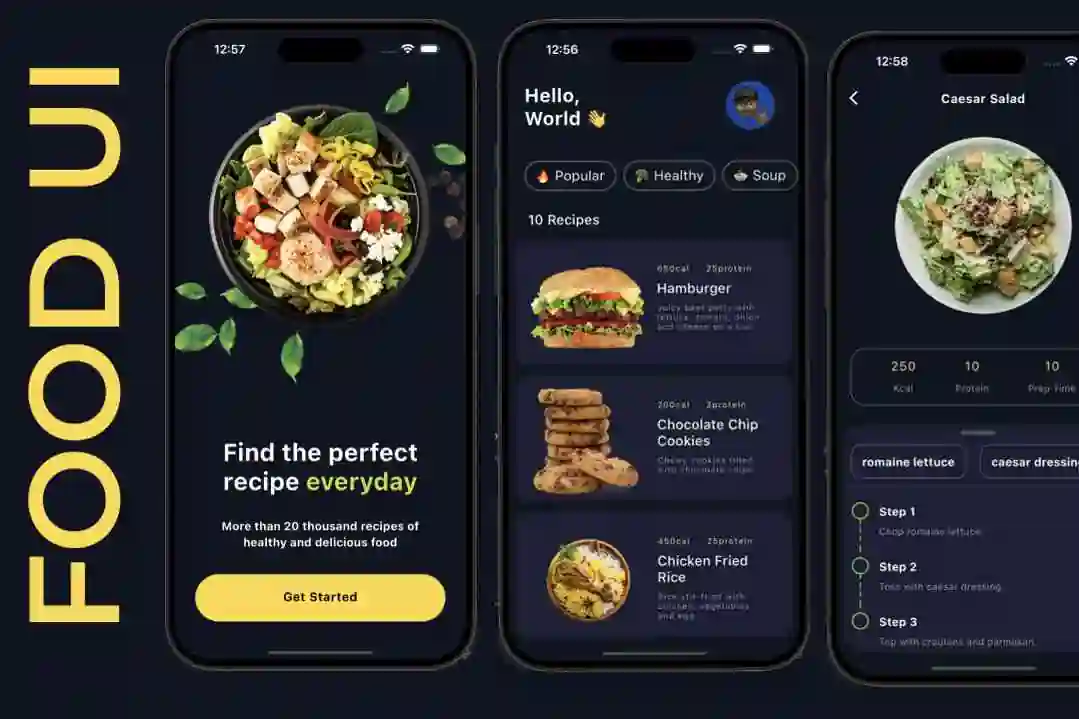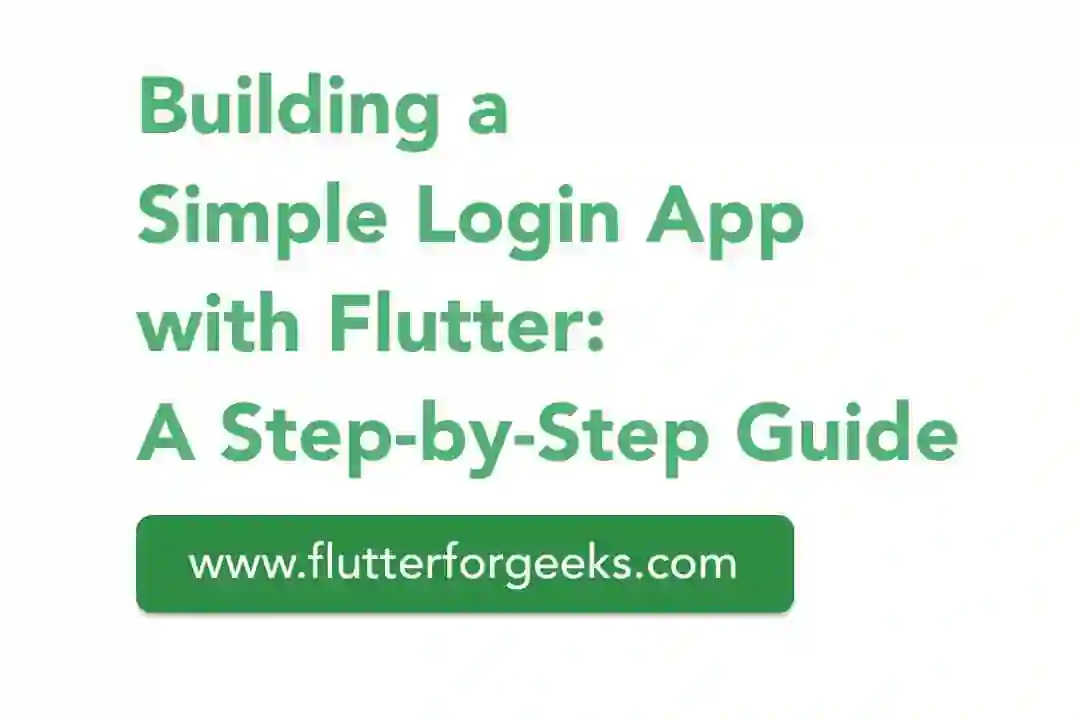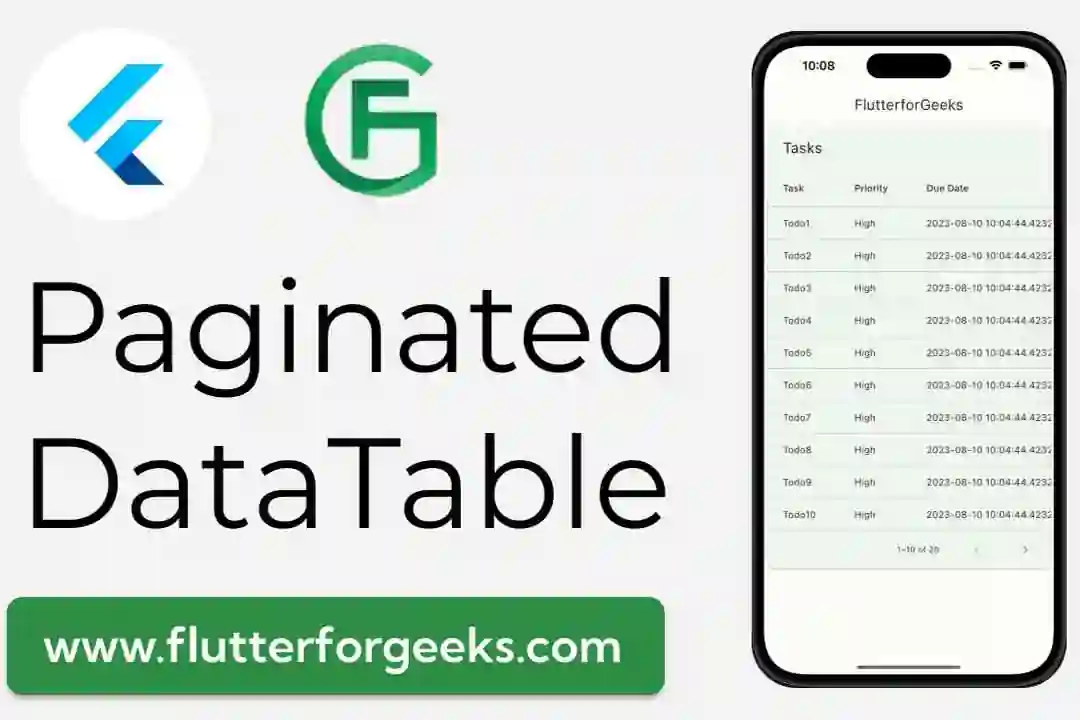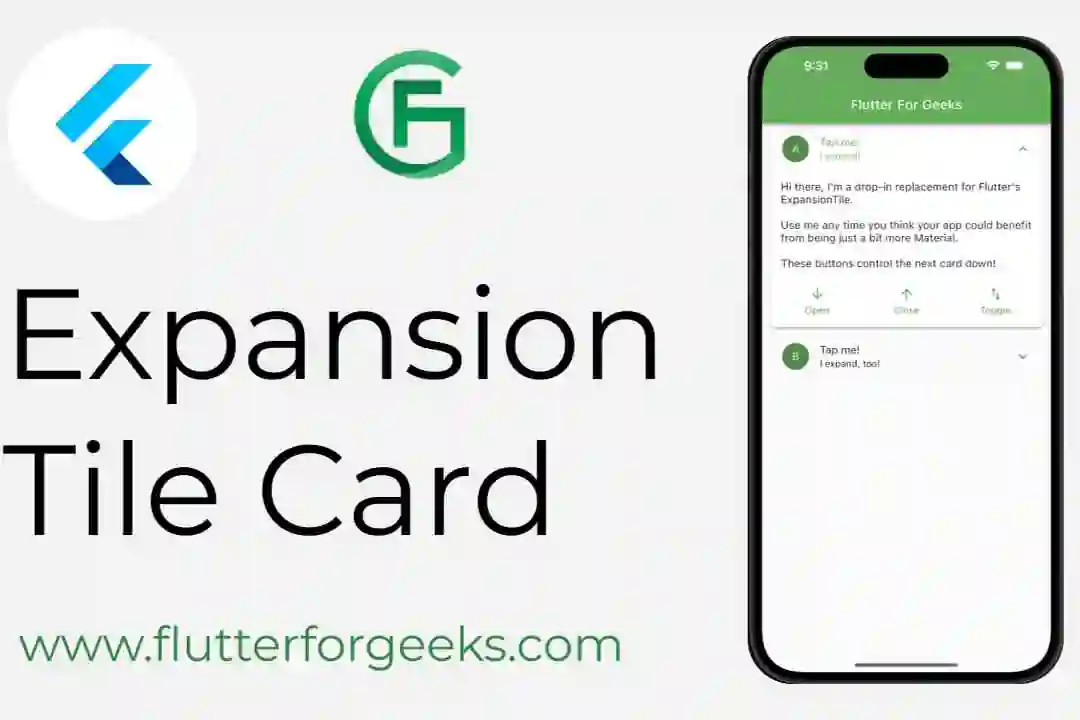Introduction:
Flutter, the cross-platform mobile app development framework, has gained tremendous popularity for its ability to build stunning and high-performance applications. Whether you are a beginner or an experienced developer looking to learn Flutter, the vast availability of resources and tutorials can be overwhelming. In this comprehensive blog post, we will explore the abundance of learning materials, courses, documentation, and community support available to help you master Flutter development.
Official Flutter Documentation:
The Flutter team provides an extensive and well-structured documentation that serves as the foundation for learning Flutter. It covers everything from installation and setup to advanced topics like state management, animations, and platform-specific integrations. The official documentation is regularly updated, ensuring you have access to the latest features and best practices.
Flutter YouTube Channel:
The official Flutter YouTube channel is a goldmine of valuable content for learners. It hosts a plethora of tutorials, talks, and live streams presented by Flutter experts. From introductory videos to in-depth explorations of specific Flutter concepts and libraries, this channel offers a diverse range of content suitable for developers of all skill levels.
Online Courses and Learning Platforms:
Various online learning platforms offer comprehensive Flutter courses created by industry professionals and Flutter enthusiasts. These courses provide structured learning paths, hands-on exercises, and real-world projects to enhance your understanding and practical skills. Some popular platforms offering Flutter courses include Udemy, Coursera, and LinkedIn Learning.
Flutter Cookbook:
The Flutter Cookbook is a collection of practical code samples and recipes that demonstrate how to accomplish specific tasks in Flutter. It covers a wide range of topics, including UI design, data persistence, networking, and more. The Cookbook serves as a valuable reference for developers looking for practical solutions and implementation patterns.
Flutter Community:
The Flutter community is vibrant and supportive, with numerous online forums, discussion groups, and social media channels where developers can connect and seek help. Platforms like Reddit's r/FlutterDev, the Flutter Discord channel, and the official Flutter community forums are great places to ask questions, share ideas, and learn from experienced developers.
Open-Source Flutter Apps:
Exploring open-source Flutter applications can provide invaluable insights into industry best practices and code organization. GitHub hosts a vast collection of open-source Flutter projects that cover a wide range of domains, including e-commerce, social media, weather apps, and more. Studying these projects can enhance your understanding of Flutter architecture and help you learn from real-world implementations.
Flutter Packages and Plugins:
Flutter has a robust ecosystem of packages and plugins that extend the framework's capabilities. The official Flutter website provides a searchable directory of packages, making it easy to discover and incorporate third-party libraries into your projects. Many package authors also offer documentation, examples, and tutorials specific to their packages, enabling you to learn and leverage their functionalities effectively.
Flutter Conferences and Events:
Attending Flutter conferences, meetups, and webinars provides opportunities to connect with Flutter experts and fellow developers. These events feature insightful talks, workshops, and live coding sessions that cover various aspects of Flutter development. Keep an eye on events like Flutter Engage, Flutter Live, and local Flutter meetups to stay updated with the latest trends and learning opportunities.
Conclusion:
Learning Flutter is an exciting journey, and the abundance of resources and tutorials available makes it even more accessible. From the official documentation and YouTube channel to online courses, open-source projects, community support, and Flutter packages, there is no shortage of learning materials to help you master Flutter development.
Remember, the key to successful learning is consistency, hands-on practice, and a mindset of exploration. Start with the official documentation, experiment with code samples, join the Flutter community, and leverage the vast array of resources discussed in this blog post. Embrace the Flutter ecosystem and enjoy the process of becoming a proficient Flutter developer. Happy coding!

